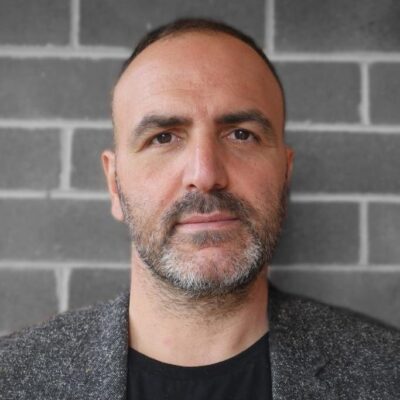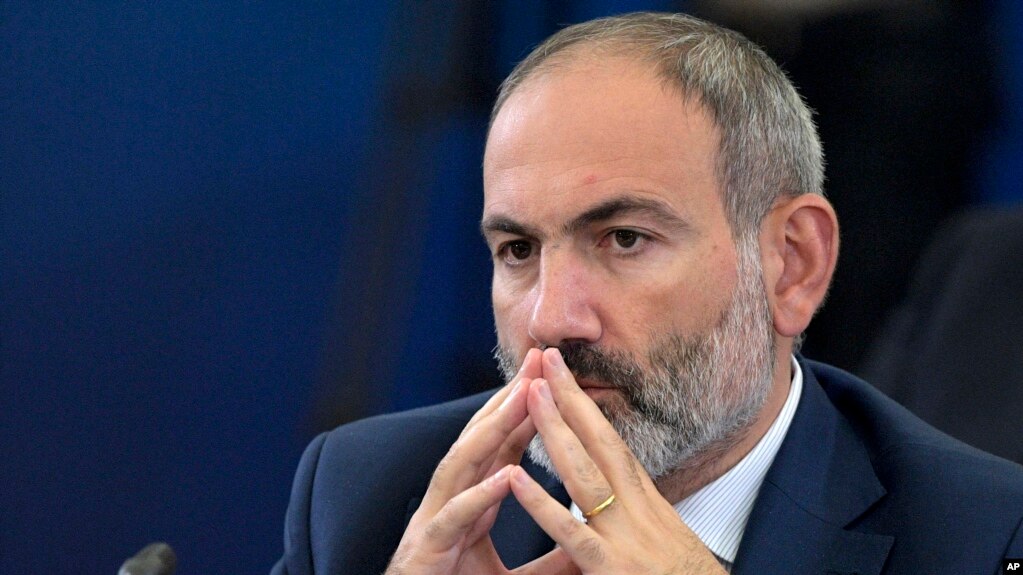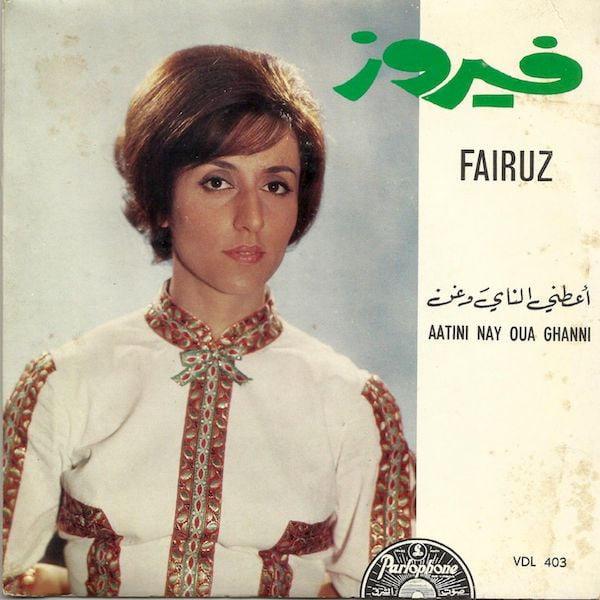
Aatini al-Nay wa-Ghanni is among the greatest interrupted songs of any artist, and the 'artist' who needs no introduction in the Arab and wider world is Nouhad Haddad. Born on November 21, 1935, in Beirut, Haddad is the epitome of a Lebanese diva, affectionately referred to by her countrymen as "our ambassador to the stars." Globally, she's better known by her stage name, Fairuz, which translates to 'turquoise' in Arabic.
By Francesco Medici
A famous Arabic saying goes, «Play Fairuz in the morning and Umm Kulthum at night». And that is precisely the way, to this day, that the two greatest Pan-Arab voices share the alternation of daily time and, with this latter, the love of their millions of listeners.
But if the late Egyptian Umm Kulthum died back in 1975, Fairuz, although almost 90 years old and retired in her secluded place in Rabieh (a suburban area about 13 kilometres driving distance from Beirut), does not fail now and then, maybe even on social networks, to appear still to her audience. Her fame, in truth, is not limited to Arab countries.
Fairuz has given concerts on every continent in her over seventy-year career and can boast admirers among her most illustrious colleagues worldwide (such as Madonna, Mika, Shakira, and others). In the summer of 2020, on the occasion of his last official visit to Lebanon, also French President Emmanuel Macron went to pay homage to Fairuz, even before meeting Michel Aoun, his Lebanese counterpart, even though when, in 1978, the singer staged at the Olympia Hall of Paris, Macron was just a child.
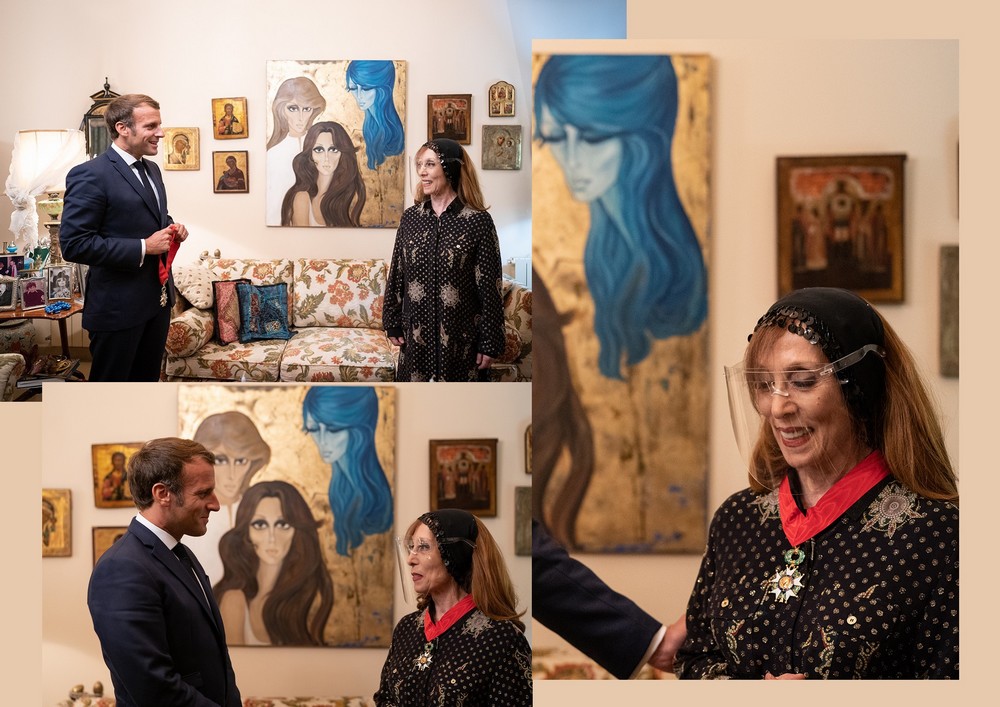
The song Aatini al-Nay wa-Ghanni dates back to 1964, and its lyrics are an adaptation of an excerpt from the book in Arabic al-Mawakib, published in 1919 in New York by Kahlil Gibran. In truth, many are the poetic lines of Gibran set to music, and many have been the interpreters—Arabs and not only—who have sung them. As for Fairuz, it deserves, for example, to be mentioned also those which are taken from The Prophet , specially translated into Arabic.
Back on al-Mawakib (The Processions), the book consists of a number of short epigrammatic poems on themes such as the soul, death, love, happiness, religion, and the illusory world. Each theme is first treated in a few stanzas by an aged sage, whose words are then responded to by a youth, who caps many of his responses with a carefree refrain: «Aatini al-Nay wa-Ghanni» (Bring Me the Flute and Sing). That of the two interlocutors who have a debate is but a mere literary artifice that represents the author’s inner conflict, or better, the ‘I’ of every human being according to the doctrine of Sufism, i.e., Islamic mysticism.
The music of the song was composed by Najib Hankash (1899–1979), a Lebanese author, composer, and man of letters and theatre. It was arranged by the Rahbani brothers, namely, Assi Rahbani (1923–1986), Fairuz’s husband, and her brother-in-law Mansour (1925–2009). Although unattested, it is highly probable there has also been the collaboration of the Lebanese-Armenian composer Boghos Gelalian (1927–2011).
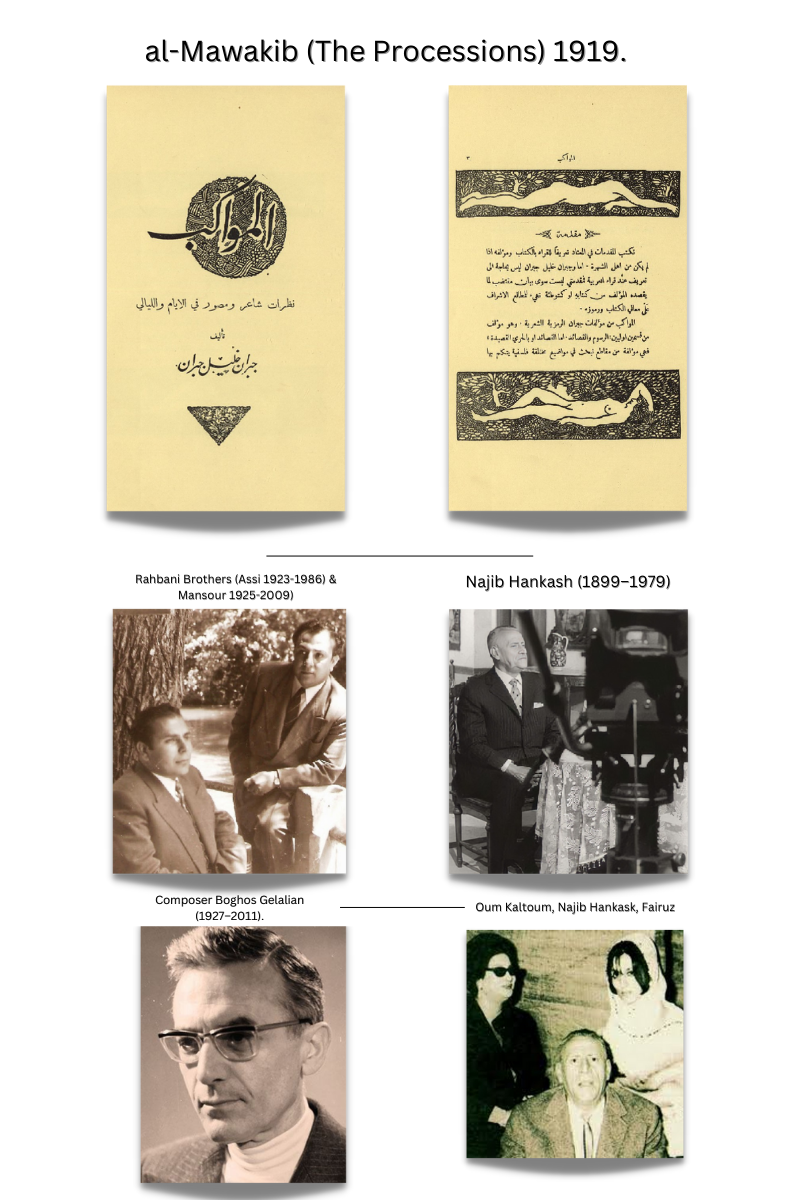
Najib Hankash, before his definitive return to Lebanon, had lived for some years in Brazil. South American music, and Tango in particular, strongly influenced him, as can easily be found in Aatini al-Nay wa-Ghanni. Hankash was, however, also a fine connoisseur of the maqamat, i.e., the system of melodic modes of traditional Arabic music.
In this particular case, Hankash took inspiration from a maqam called nahawand—a way that communicates at the same time tenderness and melancholy and that, as we learn from some testimonies, was also the favourite of Gibran himself—ideal for telling the various feelings of the individual who puts himself in an intimate dialogue with nature and for showing the frailty of human existence.
